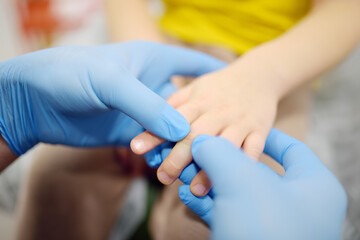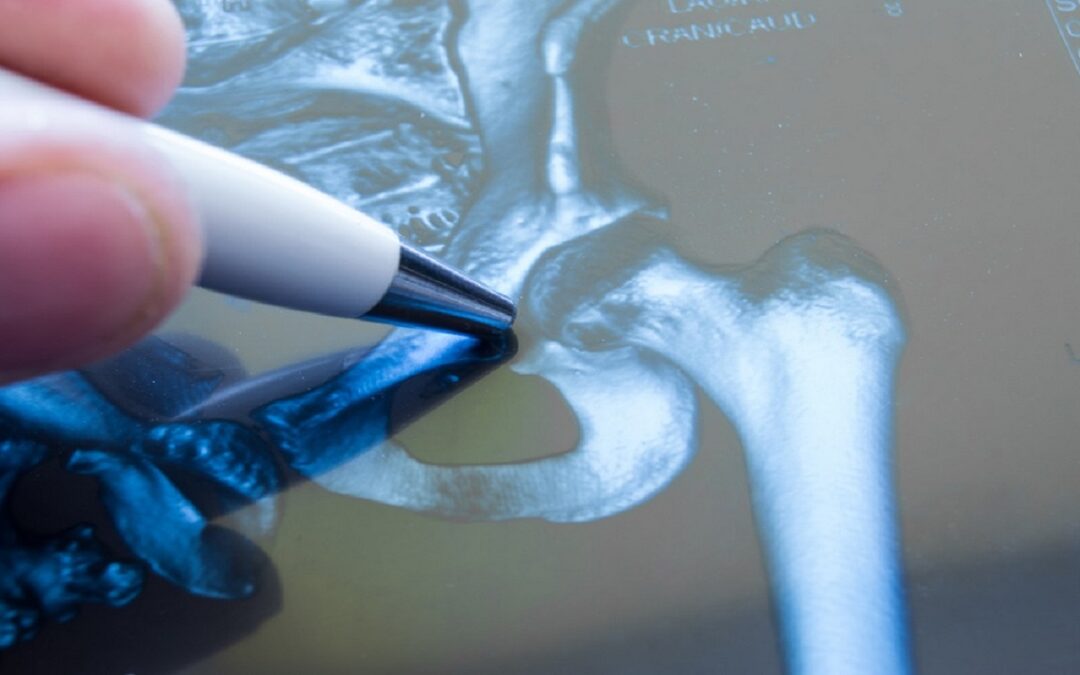As a pediatrician at ONP Hospitals, I’ve witnessed countless stories of resilience and recovery, but one case stands out—little Anaya’s story. Anaya, a spirited four-year-old, came to us after a severe finger injury that happened while she was playing in the backyard....
We exist in an aging world. Even so, many individuals are unwilling to discuss aging. Members of this elderly patient demographic, however, confront unique – and frequently preventable – health concerns, such as falls that result in hip fractures.
Adequate understanding and discussions on healthy living are critical for preventing these unpleasant, potentially lethal injuries. Hip fractures among individuals over the age of 60 are frequently related to weakened bone due to osteoporosis, smoking, or continuous use of steroid drugs or alcohol. Most fractures are induced by a ground-level fall, which means the individual was standing with both feet on the ground when they fell.
Typically, the major factors are:
Pets: Patients could trip over the household cat, which they were unaware of, or they might stumble while walking their dog.
Moving in darkness or when sleepy: To avoid disturbing their partner, some individuals attempt to walk to the bathroom in the dark of night without a light, tripping over things on the floor.
Curbs, stairs, and carpets: As we age, our stride shortens, making it possible to trip over minor, stationary impediments easily. Smartphones have not yet helped the situation either, as more individuals fall while walking while staring at their phones.
Most hip fractures develop in the upper thigh, or femur bone, and necessitate surgery. Sometimes, patients attempt to endure the pain rather than seek urgent medical care – even if they are unable to bear weight. Delays in treatment might result insignificant, even dangerous, consequences. Every patient who has suffered a hip fracture as a result of a fall should have it repaired within 24-48 hours.
Any individuals 60 and older with ground-level fall fractures are immediately treated in our orthopedic department at ONP Hospital. Based on the area of the fracture, our orthopedic surgeons can replace the entire hip, a portion of the hip, or put a permanent rod inside the bone. While recovery is not without pain, the degree of pain and difficulties is significantly reduced following rapid treatment.




